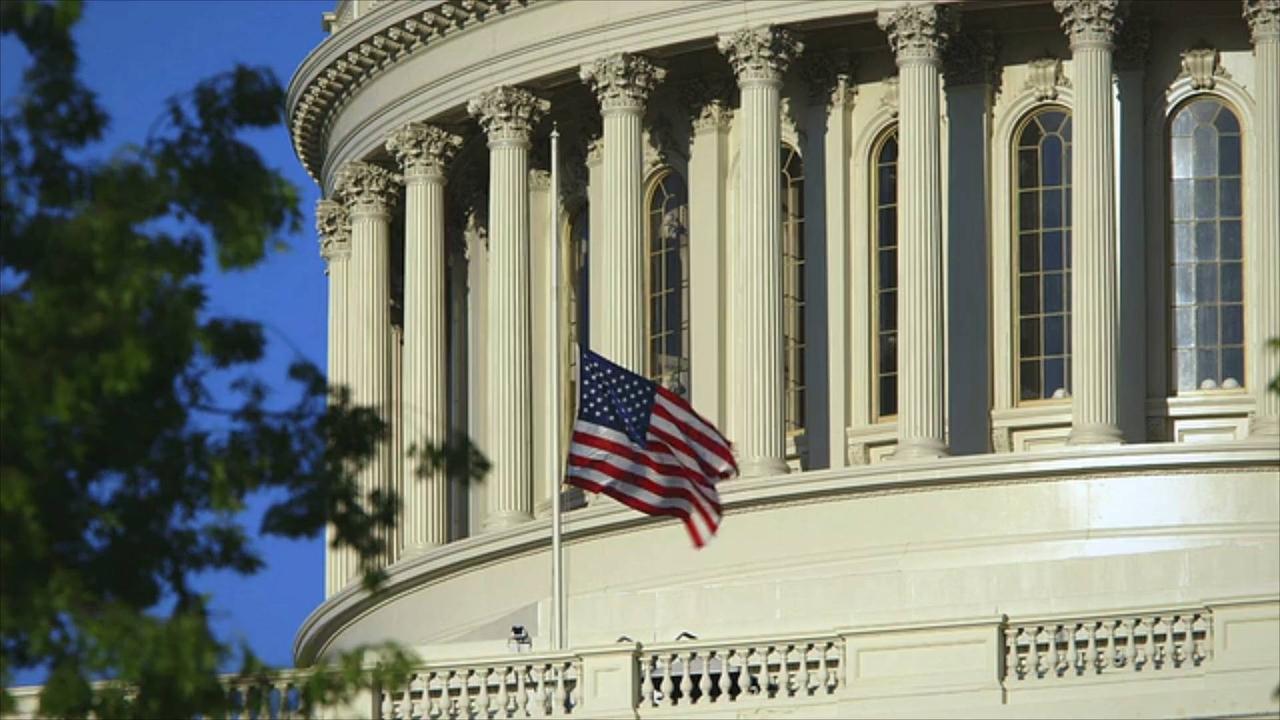
US Congressional Funding Fight , Continues as National Debt , Hits Record $34 Trillion.
In a report issued on January 2, the Treasury Department announced that America's gross national debt has surpassed $34 trillion.
.
Associated Press (AP) reports that the record-high debt signals impending political and economic challenges for the U.S. in the near future.
U.S. debt has emerged as a major source of political tension, dividing Washington ahead of a potential government shutdown due to an inability to approve an annual budget.
AP reports that the national debt has surpassed $34 trillion years ahead of pre-pandemic projections suggesting that the record amount would be reached in 2029.
So far, Washington has been spending money as if we had unlimited resources.
But the bottom line is there is no free lunch, and I think the outlook is pretty grim, Sung Won Sohn, economics professor at Loyola Marymount University, via Associated Press.
The gross debt includes funds that the government owes to itself, which leads most lawmakers to rely on the the public's total debt to assess finances.
.
That figure currently stands at $26.9 trillion, roughly the same amount as the U.S. gross domestic product.
.
In June of 2023, the Congressional Budget Office released its 30-year outlook which estimated that publicly-held debt will reach 181% of U.S. economic activity by 2053.
AP reports that the debt's current trajectory in the coming decades may pose a threat to national security and major programs like Social Security and Medicare.
AP reports that the debt's current trajectory in the coming decades may pose a threat to national security and major programs like Social Security and Medicare.
Looking ahead, debt will continue to skyrocket as the Treasury expects to borrow nearly $1 trillion more by the end of March.
Adding trillion after trillion in debt, year after year, should be a flashing red warning sign to any policymaker who cares about the future of our country, Michael Peterson, Peterson Foundation CEO, via Associated Press
